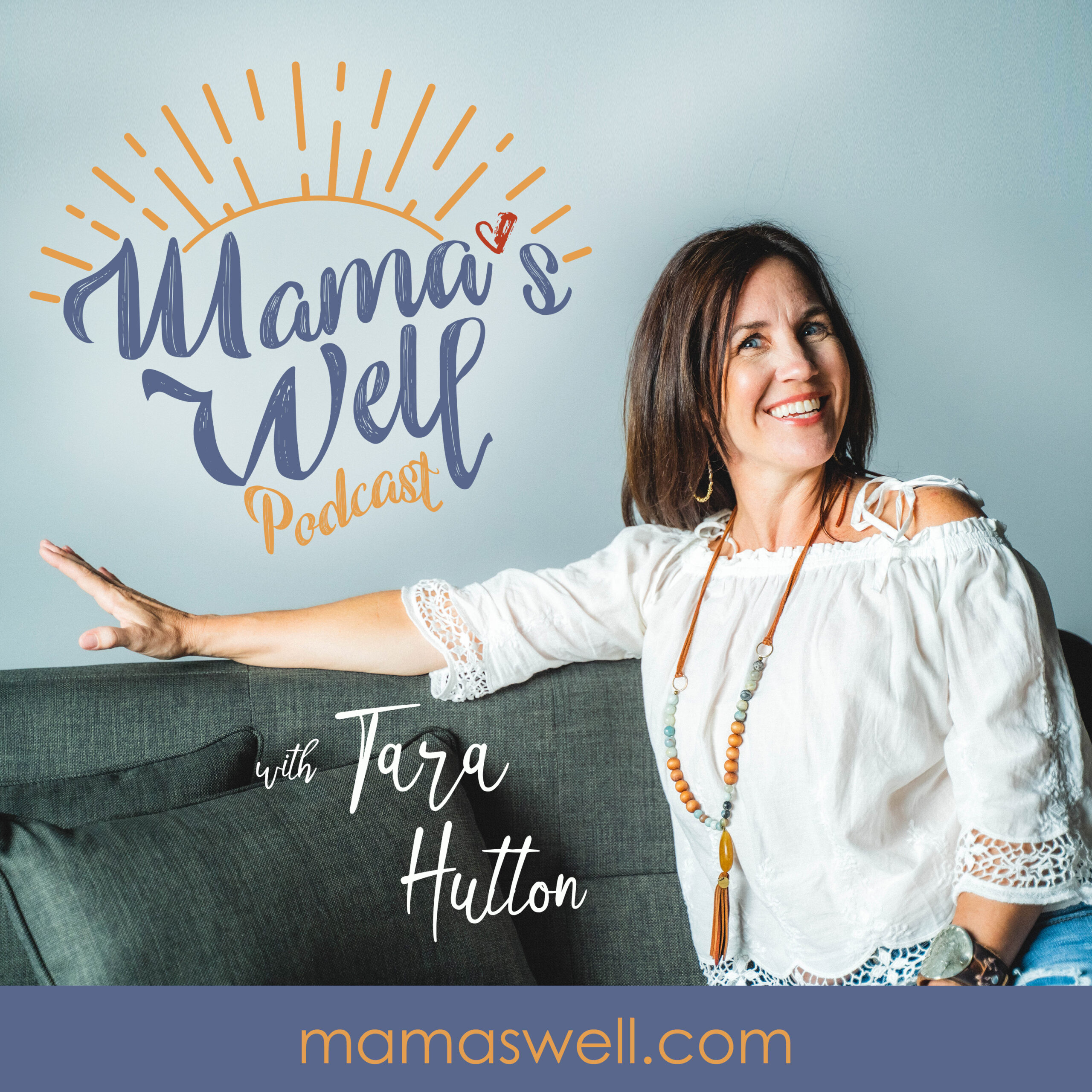I’ve alway said my children are my teachers and the more I look for the ways they are teaching me, the more I notice them…I also notice that when there is something for me to learn or embrace I will begin to see it everywhere.
A couple of months ago my 8 year old daughter asked for some watermelon. I responded with a nod and went to the refrigerator to pull out the recently cut watermelon. It was close to dinner, so I felt the need to rattle on about saving room for her meal and how eating too much watermelon could cause… well, you know what too much watermelon could cause.
She stops me and in a very pleasant, but informative tone and tells me, “Miss Joanie says ‘yes’ a lot!” Joan and her husband, Steve, are dear friends of ours. They have been a great source of help since we became foster parents. They have provided respite care for our daughter many times, but most importantly they have nurtured a relationship with her that is rich and meaningful. Joan and Steve were on her mind because she was anticipating a stay with them the following week when Kyle and I would be away.
She wanted to talk about her time with Joan and she began sharing stories and examples of Miss Joanie saying “yes!” She went on and on in a very animated way, “May we go to the park, Miss Joanie?” “Oh yes, Trinity, just as soon as we finish breakfast.” “May we play a game, Miss Joanie?” “Oh yes, Trinity, we’ll play after we eat dinner.” “Can we watch a movie Miss Joanie?” “Yes Trinity, that sounds like a great plan.”
I couldn’t help but smile at the way she was describing her time with my friend Joan. I could have easily taken her comments personally, as if they were an attack on my parenting style, and I’ve definitely done that more than I’d like to admit. But I was feeling safe and secure in my role as her mother which allowed me to really hear her and respond appropriately.
Trinity, “Are you trying to tell me that you’d like me to say ‘yes’ more often?”
Trinity’s face lit up with her big beautiful, dimpled smile and said “YES!” We both laughed and continued on with some playful banter giving “yeses” back and forth to each other. “Can I eat some watermelon with you Trinity?” “Yes, sure mom, you can have some of my watermelon”, “Can we play Uno mom?” “Yes, Trinity I’d love to play Uno” and on and on connecting through giggles, watermelon, but most importantly she helped me recognize something she needed.
Apparently I was ready for the lesson on YES… because the YES idea continued to show up for me in the days that followed… I “happened” to have just begun reading The Connected Parent. In this book, Karyn Purvis and Lisa Qualls describe a “pattern of giving yeses” as the foundation in building attachment.
“A baby cries and a caregiver comes, and the baby cries again and a caregiver comes again. The cycle happens over and over… and over and over. And a child learns, ‘if I have a need and I cry, someone comes and tenderly meets that need.’” … We often called this pattern ‘the giving of yeses’ because when you think about development, the parent essentially says yes for the child’s first two years of life.” (The Connected Parent, pg 35). The book later talks about the many ways we can say “yes” to our children through giving our children voice, choices, and compromises. The authors suggest we find “a dozen ways we can say “yes” to our children. (pg40)
And if that wasn’t enough, a week later I was sitting in my office and noticed a book on my shelf. A bright yellow book and colorful letters across the spine, The YES Brain, by two of my favorites, Dan Siegel and Tina Payne Bryson. I’d ordered that book last year, but had yet to read it. It was staring me down as if to say… “YES! you’re on to something, keep going with this!”
Siegel and Bryson encourage building a YES brain mindset because…
“When kids work from a yes brain mentality, they are more flexible, more open to compromise, more willing to take chances and explore. They’re more curious and imaginative, less worried about making mistakes. They’re also less rigid and stubborn, which makes them better at relationships and more adaptable and resilient when it comes to handling adversity. They understand themselves and work from a clear internal compass that directs their decisions as well as the way they treat others.” ( The Yes Brain, pg 4-5)
The Yes Brain has moved from my book shelf to my nightstand and is now in the “line up” of books to read.
I’m a lover of books and learning, so of course, I want to know what Siegel, Bryson, Qualls and Purvis have to say about strengthening attachment and cultivating a powerful “yes brain” in my children. But the insight I’m trying to communicate today didn’t come from those books alone. I’ve been practicing being present, kind and loving with myself. It is from that space that I am able to connect with my daughter, to really hear her express a need and have the capacity to respond in a loving, nurturing and fun way.
Audio only
DEEPER DOWN THE WELL
Say “YES” to joining me in the fall for a book study featuring The Connected Parent. To be the first to get the details, subscribe at mamaswell.com
